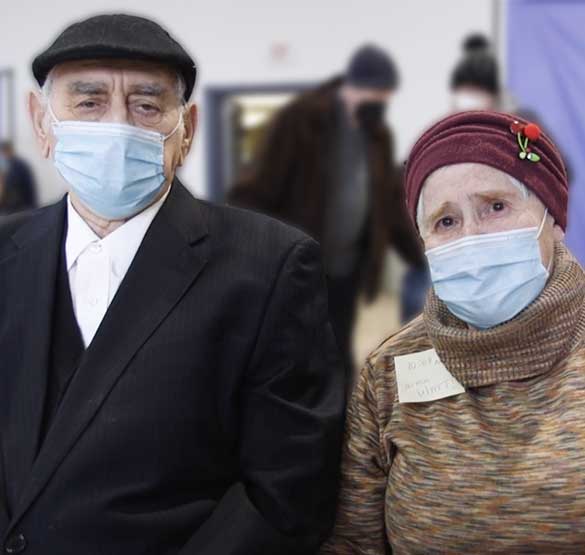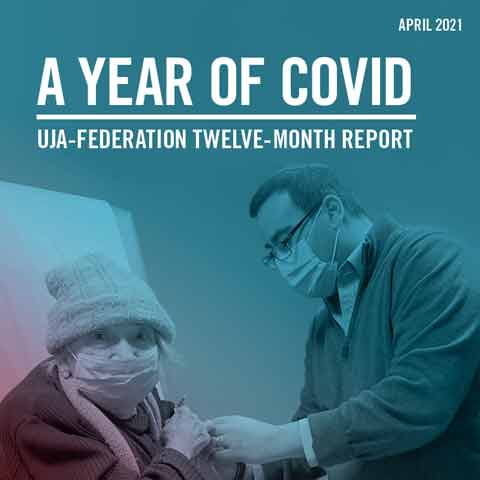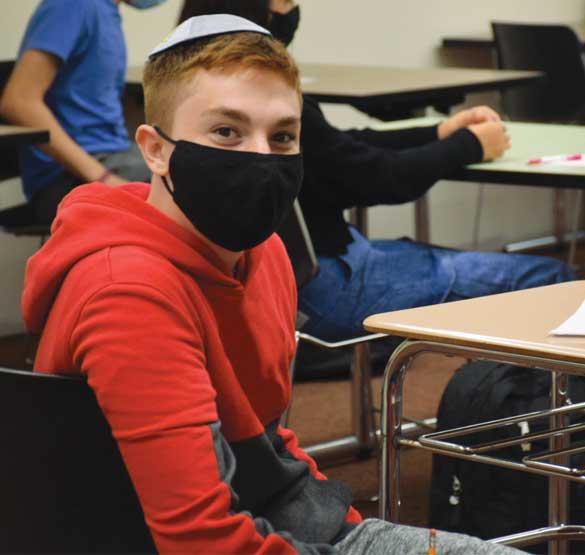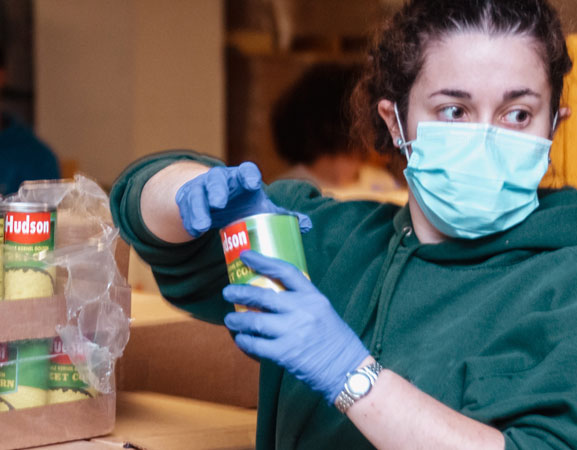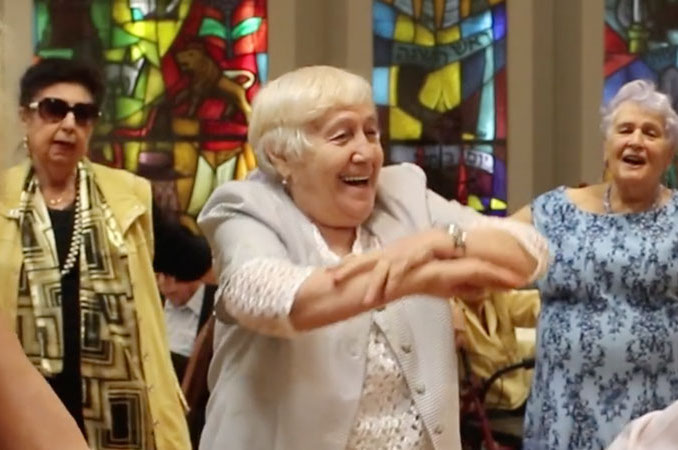Feeding families. Getting the unemployed back to work. Making sure no one feels alone in their anxiety or grief. Helping the most vulnerable access vaccines. And sustaining our treasured institutions — JCCs, synagogues, camps, day schools — so they can continue to be there for us.
Every step of the way, UJA has been resolute in our conviction: We won’t just recover. We will emerge a stronger, more connected Jewish community.
